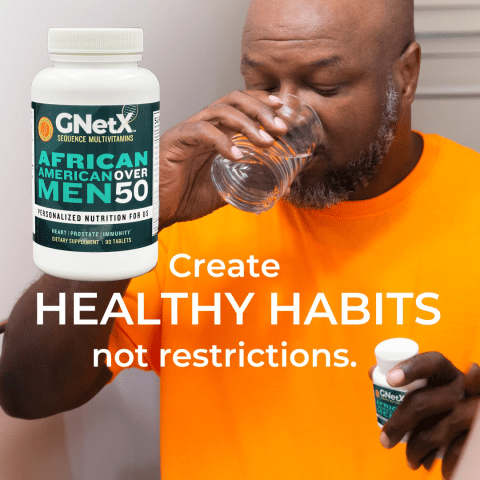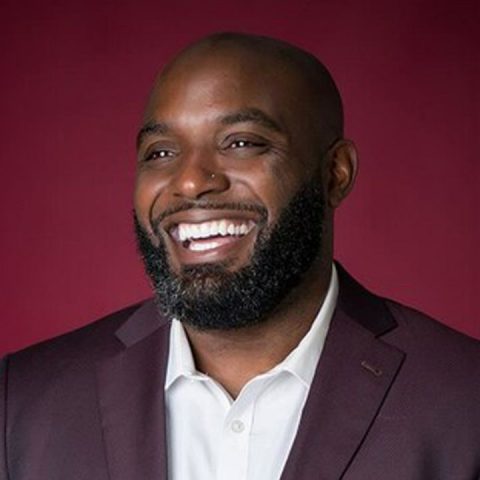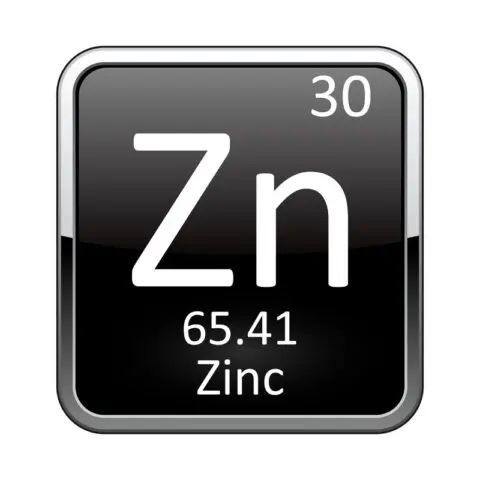Prostate cancer in African American men is more deadly, occurs more often, and can be easily detected by a blood test called a “prostate specific antigen” or “PSA.” Yet many doctors have been advised against checking for this cancer because of outcomes in non-African American populations. By not checking, prostate cancer rates have been going up in African Americans rather than going down.
No Rectal Exam!

Many men avoid seeing doctors altogether because they are trying to avoid rectal exams, the old way of screening for prostate cancer. Thanks to modern advances, the rectal exam is not needed, and not a preferred way to screen for prostate cancer. So stop avoiding the doctor! All you need is a PSA blood test.
Prostate cancer in African American men is the most common occurring cancer, and the second most common cause of overall cancer deaths. Most men are in their 50’s or 60’s when it is diagnosed and few have any symptoms at the time. If they had not been screened by their doctor, many would not have known they had the disease.
“BPH” or Prostate Enlargement is Also Common in Black Men
Prostate cancer shouldn’t be confused with “BPH” or benign prostate enlargement (hypertrophy) which is also common in Black men and cause increased urination (both day and night) associated with a slower flow of urine. Younger men can stand in front of the toilet to pee, but older men with BPH need to stand over the toilet in order to not make a mess. Some of my patients tell me they were afraid that these symptoms of BPH were actually prostate cancer. A simple PSA blood test can tell the difference.
When compared to White Americans, we see an entirely different prevalence and mortality rates . The prostate cancer incidence is 70 percent higher in African American men. Similarly, the risk of death from prostate cancer is over two and a half times higher than White American men.
Zinc & Vitamin D Deficiency Linked to Prostate Cancer

Prostate cancer has been associated with vitamin D deficiency and zinc deficiency, but don’t run out and start taking too much because another study showed that taking high doses of zinc (more than 75 mg a day) caused worse prostate cancer. Like making a cake, you need the right amount of each ingredient.
There are other risks for prostate cancer including exposure to chemicals and poisons. Agent Orange is one of the deadliest.
A good family friend was diagnosed with prostate cancer after it had spread from his prostate to his bone. Because it had gone undetected and unscreened for too many years, it was found too late. Warren was a great guy. Hard working. Family man. Unwavering friend. Always upbeat and smiling . . . until he died from prostate cancer. In addition to all of the great things many of us could say about him, he also served his country in the Vietnam war. The prostate cancer and his service in Vietnam are probably related.
Chemical Exposure Can Increase the Risk for Prostate Cancer
Back on the 1960’s Agent Orange was a frequent pesticide used to clear the dense vegetation that the solders had to endure, and Warren was the point man . . . the man out front. What is ironic is the point man was also frequently the one in the most dander in an army unit. Warren miraculously survived the tour, but ultimately not the war. Studies show that this chemical exposure years earlier cause aggressive prostate cancer later in life.
If you are a man over age 40, get your “PSA” checked every year. Given that there is no cure for advanced prostate cancer, finding it sooner is better than finding it later! If Warren’s cancer had been found sooner, he could still be here and it’s only a blood test and not a rectal exam. Tell all the men in your life!
There are great options for treatment. Ask your doctor to screen you for prostate cancer . . . and the sooner the better!







